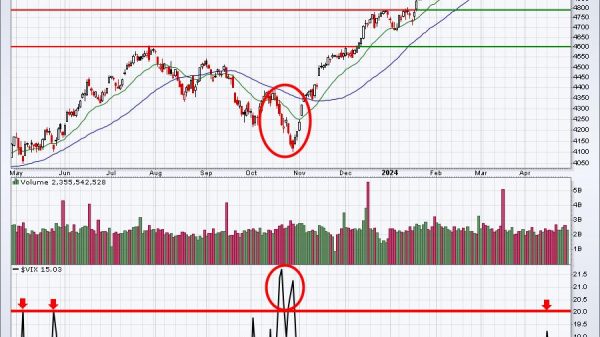CALGARY — Government policies to fight climate change are discouraging oil companies from investing heavily in new production even as they turn in record profits – a dynamic that could spell tight supply and high prices as clean energy alternatives seek to fill the void.
Crude oil prices have surged above $90 a barrel and some analysts predict they will nudge above $100 by year’s end. But instead of spending big to boost output, companies are boosting dividends or buying back shares to reward investors.
Environmental groups say slowing production growth could accelerate a move to renewable energy and curb carbon emissions. However, lack of drilling investment could exacerbate energy shortages in poor countries and fuel inflation, company executives warned at the World Petroleum Congress in Calgary this week.
“If we don’t maintain some level of investment in the industry, you end up running short of supply which leads to high prices,” Exxon Mobil CEO Darren Woods said. He said oil and gas reserves are depleting at 5-7% annually, and output will decline if companies stop investing to replace them.
“The current transition shortcomings are already causing mass confusion across industries that produce and or rely on energy,” said Aramco CEO Amin Nasser. “Long-term planners and investors do not know which way to turn.”
Global upstream investment is expected to reach $579 billion in 2023, a modest increase from the annual average of $521 billion between 2015 and 2022, according to consultancy Rystad Energy. That period encompassed the 2014-15 oil price crash and the COVID-19 pandemic.
Oil and gas investment peaked in 2014 at $887 billion.
Investment looks “flattish” during the next two to three years, and may start to drop in 2026, as electric vehicle adoption and government emissions policies start flattening oil demand, said Aditya Ravi, Rystad’s senior vice-president of upstream research.
The International Energy Agency warned last week that oil demand will peak by 2030.
Uncertainties about government policy are a bigger factor restraining investment, said Alex Pourbaix, executive chair of Canadian producer Cenovus Energy.
“If you want to add 100,000 barrels a day of production, you’re going to spend billions and billions of dollars,” Pourbaix said in an interview. “In terms of any real meaningful investment in large projects, that’s probably going to have to wait for some more clarity on the government front.”
The Canadian government has not finalized subsidies for projects to capture and sequester emissions and is developing a cap on oil and gas emissions.
Major consumers, including the United States and the European Union, have also adopted ambitious policies to accelerate the transition from fossil fuels to cleaner energy sources as they seek to deliver on emissions reduction pledges made under the Paris Agreement, a global pact to fight climate change.
Deloitte recently reported that investors holding $2.3 trillion of equity in the global oil and gas industry
are changing expectations about growth markets for energy faster than company executives.
About 43% of surveyed investors, for instance, emphasized battery storage as their key area for investment.
Chris Severson-Baker, executive director of the Pembina Institute climate think-tank, said it was encouraging that oil companies were reining in spending on growth as it should curb emissions, but the transition to lower-emitting energy was moving too slowly.
“We’re going to get to a certain point this decade where the adoption of renewable energy, electric vehicles and heat pumps is going to start persistently eating away at demand,” he said.
Omar Farouk Ibrahim, Secretary General of the African Petroleum Producers’ Organization, said policies that discourage investment hurt poor countries the most.
“We are being intimidated into running away from fossil fuel investment,” he said.
The United Nations estimates that close to 2 billion people will still rely on unsafe and polluting fuels for cooking by 2030, down from 2.3 billion currently.
Not all oil companies are reducing spending on production. State-owned Oil India Ltd plans to boost exploration spending within India, a country that relies on oil imports, from $1 billion this year to $10 billion in five years.
“We don’t have an option. Investment is a need,” said managing director Ranjit Rath. “If you don’t invest with the current price, you will miss the bus.”
Greater oil production could provide the revenue to pursue net-zero aims, Rath said.
Brazilian state-owned oil producer Petrobras aims to increase its operating share of production 18% to 3.2 million barrels of oil equivalent per day (boepd) in 2032 from 2.7 million boepd this year. The company would move faster if not for problems securing equipment to build floating production storage and offloading vessels, said Carlos Travassos, Petrobras’ chief engineering technology and innovation officer.
The emphasis on shareholder returns suggests oil companies are working on a short time horizon instead of looking towards future growth, said Yrjo Koskinen, professor of sustainable and transition finance at University of Calgary.
“They claim oil and gas will be around for decades and maybe that’s the case. But they don’t necessarily behave that way.” — Reuters





















